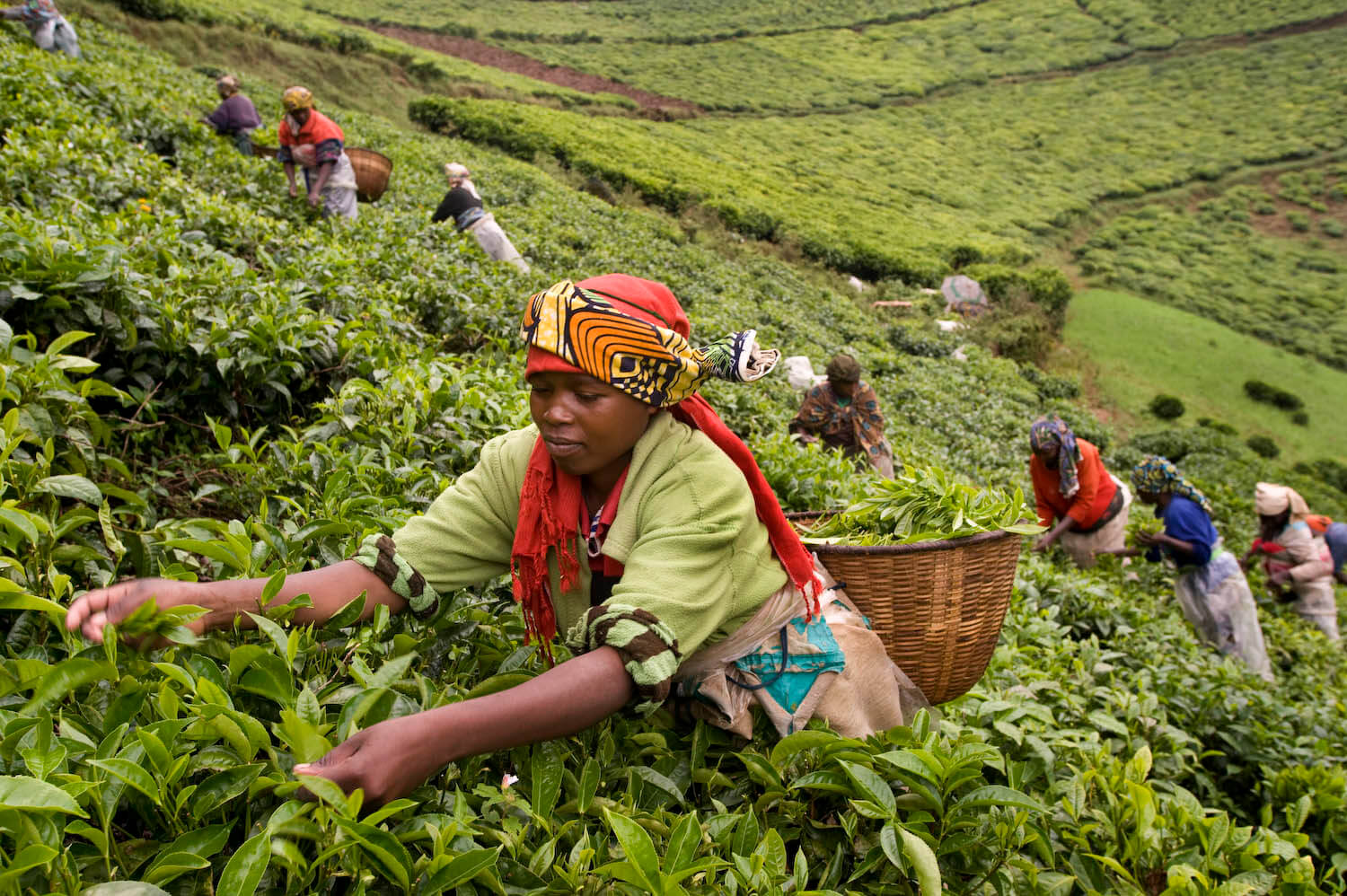
Rwanda’s tea sector is making waves as a major employer, with over 100,000 people directly employed and a significant impact on the livelihoods of 1 million Rwandans. But did you know that the sector could also play a vital role in addressing pressing socio-economic issues, like climate change? A new study by the Better Than Cash Alliance and the Ethical Tea Partnership reveals that responsible digital payments to farmers could save up to $8 million over 10 years, which could then be reallocated towards climate change and other critical issues.
The UN Principles for Responsible Digital Payments, if adopted by the tea industry, can significantly expand digital payment usage, benefitting not just farmers but also the wider tea value chain and financial service providers. The shift towards digital payments has already yielded positive results, with a remarkable 87% reduction in payment timelines for farmers, and a 10% reduction in worker costs and 30% increase in productivity for factories that have adopted digital payment solutions.
The potential impact of responsible digital payment methods goes beyond the tea sector, with the potential to benefit 3.8 million smallholder farmers, including 2.1 million women, across the entire agriculture sector in Rwanda. The Rwandan government is taking significant steps towards creating a cashless economy, including the appointment of chief digital officers in every ministry and public-private partnerships that introduce innovative digital solutions like the Smart Nkunganire System and Smart Kungahara System into the agricultural sector. With these initiatives, Rwanda’s agricultural sector is on track to become more efficient and effective.
The report provides a roadmap for expanding digital payments in the Rwandan tea industry, focusing on six critical areas of action, including better recourse mechanisms for smallholder farmers to enhance trust and reduce time spent on queries. With a multi-stakeholder approach, the industry can ensure that farmers are at the center of a responsible and sustainable digital payment expansion.
It’s time for the tea industry to step up and play a bigger role in addressing critical socio-economic issues. With responsible digital payments, Rwandan tea farmers and workers can benefit from a range of digital financial services that improve their financial well-being and reduce their financial risks, ultimately leading to a more sustainable and prosperous future.



















Leave a Reply